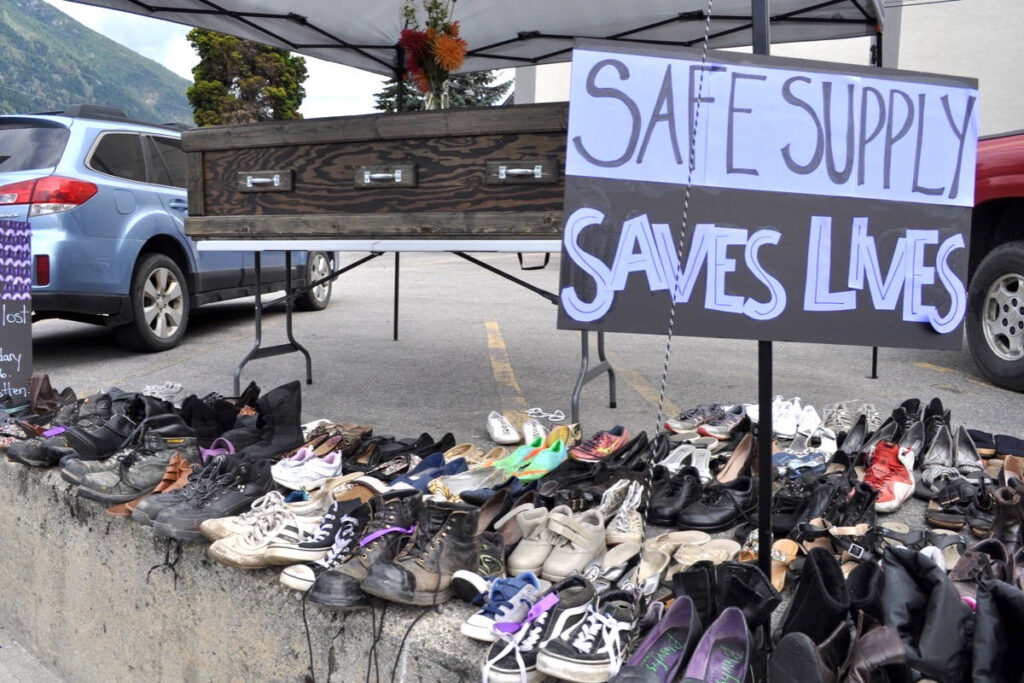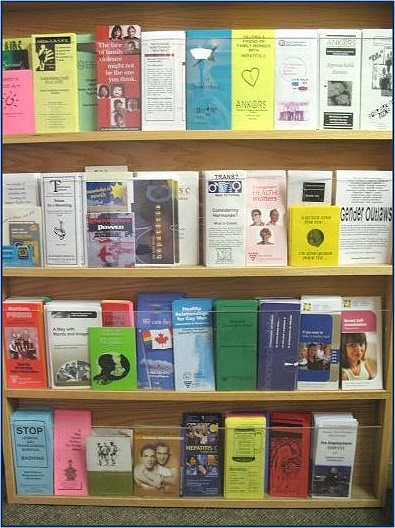This article was originally posted in the Nelson Star: Oct 21, 2020
The money supports an outreach worker who helps people access pharmaceutical opioids and stimulants.
The Nelson Fentanyl Task Force (NFTF) has directed $15,000 in funding to help improve access to new provincial pandemic prescribing options for people who use substances, also referred to as safe supply. The NFTF is a collaborative group formed in 2016 in response to the overdose crisis, and is comprised of healthcare workers, emergency responders, and many other stakeholders across the community.
The funds will go towards supporting an outreach worker on a team in Nelson. The team supports people to access pharmaceutical opioids and stimulants to mitigate the deadly effects of the overdose crisis. The ANKORS outreach worker, funded by NFTF and ANKORS, works with outreach staff from several other local organizations, including Nelson CARES, Interior Health and Nelson Community Services.
The BC Coroner’s report shows that more people are dying due to overdose in British Columbia than ever before. In the first eight months of 2020, 1,068 people have died due to overdose in B.C., which is more than in all of 2019. Overdose prevention sites, wider use of naloxone, opioid agonist therapy (OAT), and drug checking responses in B.C. were contributing to reduced death rates prior to the COVID-19 pandemic.
Continue reading “Nelson Fentanyl Task Force funds $15k toward providing new prescription options”

